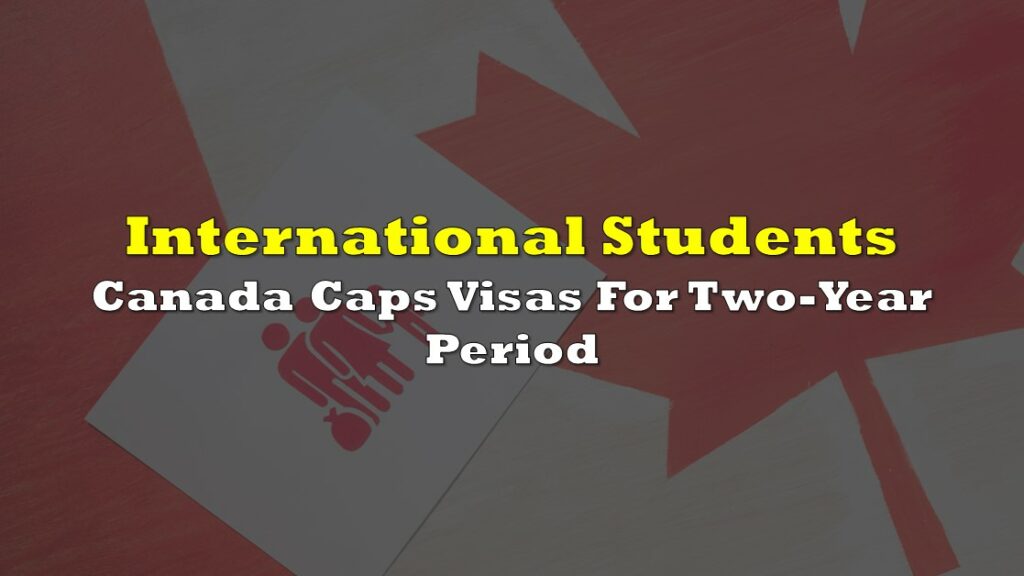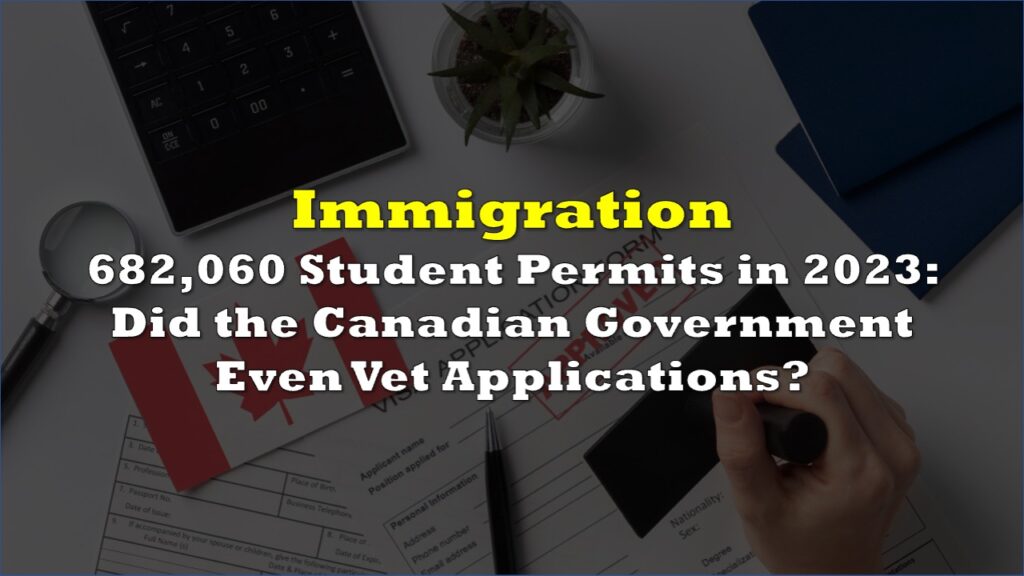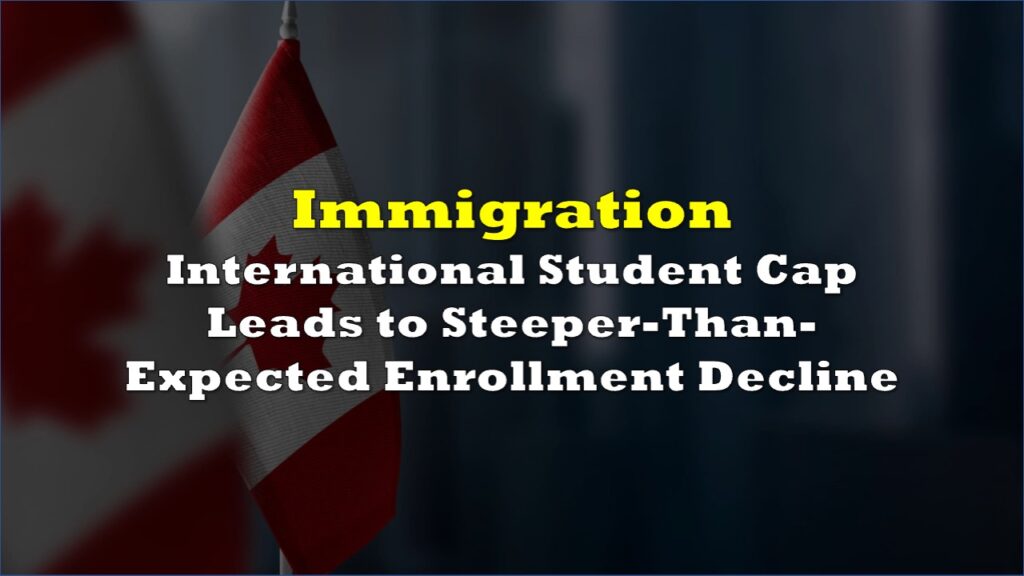Prince Edward Island (PEI), Canada’s smallest province, has recently enacted policies to reduce mass immigration, becoming the first province to take such measures. This move, outlined in a Substack article by Christopher Brunet, has incited significant backlash, particularly from the Indian community on the island, which has threatened hunger strikes in protest.
Canada's smallest province, Prince Edward Island, has become the first to push back against mass immigration.
— Chris Brunet (@realChrisBrunet) May 22, 2024
The Indian community in PEI is not taking it very well, threatening ''hunger strikes to the death.''
THREAD 🧵 pic.twitter.com/Vzdy3bnM0G
PEI has a population of 176,000 and an area of 5,660 km². Known for its red soil ideal for potato farming and its Scottish heritage, the island has traditionally been a quiet, isolated community. However, recent years have seen a dramatic influx of immigrants, primarily from India, challenging the island’s cultural fabric and straining its resources.
This has led to exponential population growth: pic.twitter.com/k00qHp1oNP
— Chris Brunet (@realChrisBrunet) May 22, 2024
In February 2024, PEI’s Premier Dennis King announced changes to the Provincial Nominee Program (PNP), aiming to reduce the number of international nominees for permanent residency by 25%. The province will now prioritize healthcare, childcare, and construction workers while reducing permits for food, retail, sales, and service workers. This policy shift is intended to address the severe housing shortages, high unemployment rates, and overstressed public services.
King explained, “PEI, like many jurisdictions, is faced with finding the right balance of welcoming new residents to our Island workforce and relieving the pressure population growth has on our increasingly stressed public services and infrastructure system.”
Community Response
The Indian community in PEI has not taken these changes well. Protests began on May 9, with demonstrators voicing three main demands:
- Grandfathering current residents into the PNP system.
- Fair PNP draws without a stringent point system.
- Extension of work permits affected by the new policies.
Rupinder Pal Singh, a protest leader, has emphasized the community’s contributions and the challenges posed by the new point system and reduced opportunities. “We demand to be grandfathered into the Provincial Nominee Program (PNP) system because we were already here, working on valid work permits, before the new rules were implemented. It is only fair that those who were present before the changes be allowed to continue under the old system,” Singh said.
The community had threatened hunger strikes if their demands were not met by May 16. Singh stated, “If any of our demands are not fulfilled by 16th of May, [if] we are not grandfathered, we are going to give this protest another name. This will be hunger strike to death.”
PEI’s decision reflects broader concerns about the impact of rapid population growth on housing, wages, and public services. The province has faced the worst rental vacancy rate in the country and significant inflation. The structural challenges have made it difficult to accommodate the growing immigrant population.
King has stated that the policy changes aim to balance the need for skilled labor with the capacity of the province’s infrastructure and services to support population growth sustainably.
“We know that we need highly trained, skilled workers to grow these systems sustainably. That’s why the temporary changes we are introducing today on reducing our use of immigration nominations by 25% and ensuring the remaining nominations are aligned with key sectors will help balance skilled labour needs and allow sufficient time for infrastructure and services like health care, housing and early learning catch up to what our province needs,” King noted.
Economic Context
PEI’s economy heavily relies on agriculture, particularly potato farming, which contributes significantly to the provincial GDP. However, the island faces economic challenges, including unemployment, a severe housing shortage, and the fastest-growing rents in the country. Additionally, PEI has the fewest doctors per capita, leading to extensive wait times for medical treatment.
PEI has the highest unemployment rate in Canada at 7.3%, which would also be the worst if PEI were an American state, giving it the highest unemployment rate in North America. Charlottetown’s vacancy rate is a mere 0.5%, contributing to skyrocketing housing prices and the fastest-growing rents in Canada. This structural housing shortage has exacerbated post-COVID inflation, peaking at nearly 12% in 2022.
…and has the 2nd highest unemployment rate, at 7.3%.
— Chris Brunet (@realChrisBrunet) May 22, 2024
If PEI were an American state, this 7.3% unemployment rate would be dead last, more than 2% higher than the two states with the highest unemployment (Nevada: 5.1%, California: 5.3%). pic.twitter.com/bIH5tDyR5x
Lt. John Burton of the Salvation Army’s Community Church in Charlottetown highlighted the economic hardships, stating, “The biggest concern that people have is being able to afford just the basics in life. We’re talking about food and housing costs, like home heating and clothing. People are struggling to be able to afford all of those basic needs.”
Furthermore, PEI has the fewest doctors per capita, with a median ER wait time of 35.6 hours and a referral to treatment wait time of 55 weeks.
Even most immigrants agree that immigration is out of control. According to a new Leger poll, Southeast Asians in Canada are the immigrant demographic group most opposed to immigration, with 64% saying it is too high. Southeast Asians, Chinese, South Asians, and Filipinos in Canada each hold more anti-immigration views than white immigrants.
This situation is absurd. This isn't healthy for Canada. It doesn't make any sense for one random country across the world to dominate all other countries as a source of immigration.
— Chris Brunet (@realChrisBrunet) May 22, 2024
Even most immigrants agree it is out of control.
According to a new Leger poll, Southeast… pic.twitter.com/6ZSMDOmVFZ
PEI offered 1,070 PNP slots in 2018, which increased to 2,050 slots in 2023. The new policy reduces this number by 25% to 1,600 slots in 2024, which is still a 75% increase compared to 2018.
“I’m glad at least one province is now standing up for a modicum of common sense,” Brunet quipped.
Information for this story was found via the sources mentioned. The author has no securities or affiliations related to the organizations discussed. Not a recommendation to buy or sell. Always do additional research and consult a professional before purchasing a security. The author holds no licenses.











